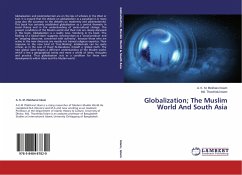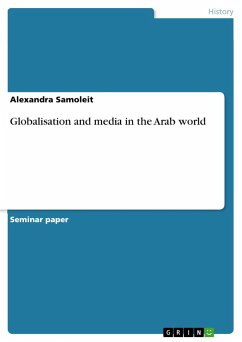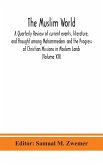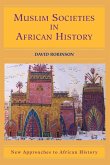Globalization and postmodernism are on the lips of scholars in the West or East. It is argued that the debate on globalization as a paradigm is in many ways also the successor to the debates on modernity and postmodernity. This book has certainly established globalization as a central thematic in social theory and in the understanding of socio-cultural change. The present conditions of the Muslim world and their role are closely discussed in this book. Globalization is a reality now. Stenberg in his book 'The Making of a Global Islam' suggests, viewing Islam as a 'social product' and an 'ongoing discourse, concerned with authority', because those who are active in the new discourse are mostly not trained religious expertsa. Their response to the new kind of 'free-floating' intellectuals can be quite critical, as in the case of Yusuf Al-Qaradawi, himself a 'global mufti. The new global Islam shapes a different understanding of the Muslim world, which is less a geographical entity and more a world of ideas, thoughts and practice. Thus globalization acts as a condition for these new developments within Islam and the Muslim world.
Bitte wählen Sie Ihr Anliegen aus.
Rechnungen
Retourenschein anfordern
Bestellstatus
Storno








